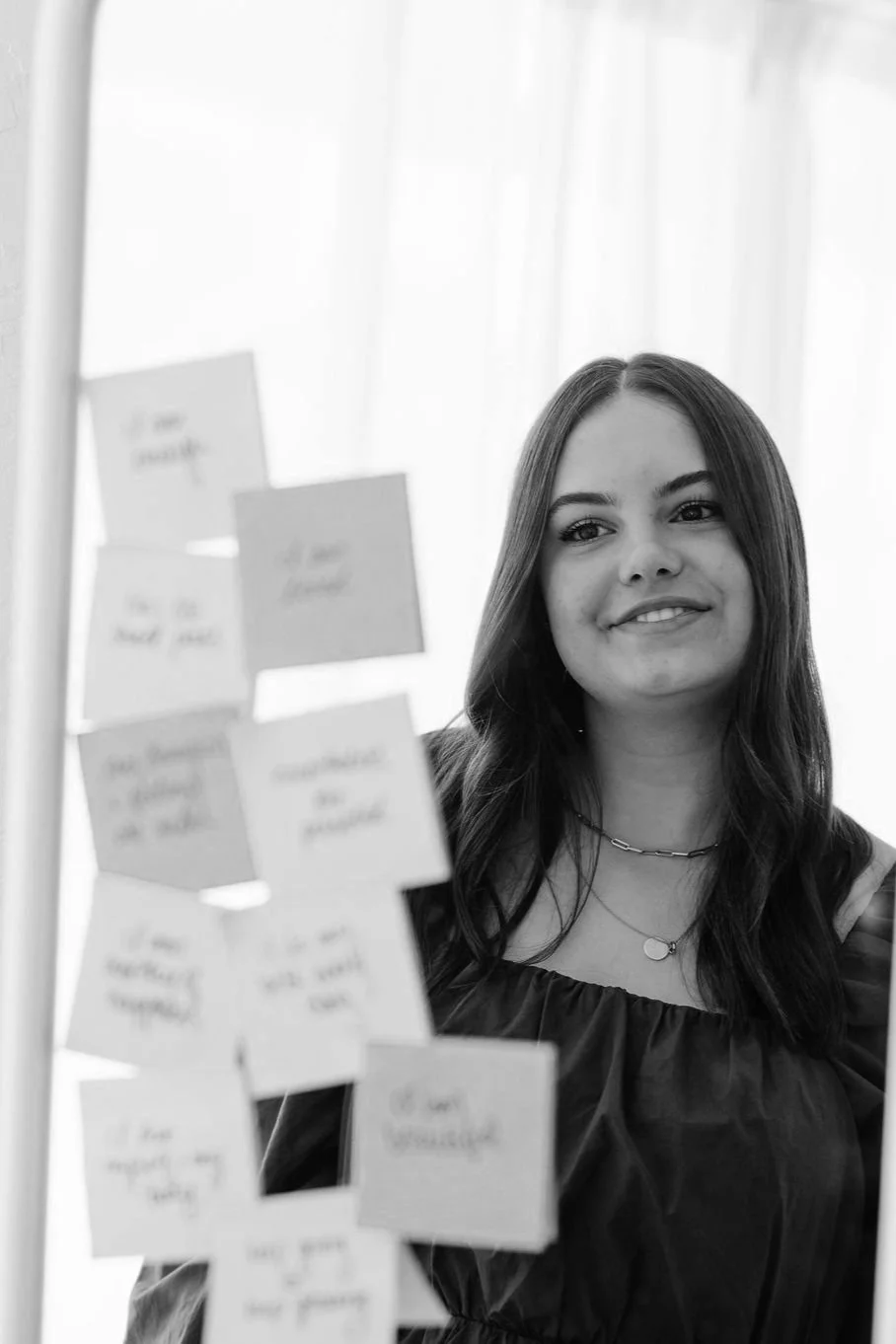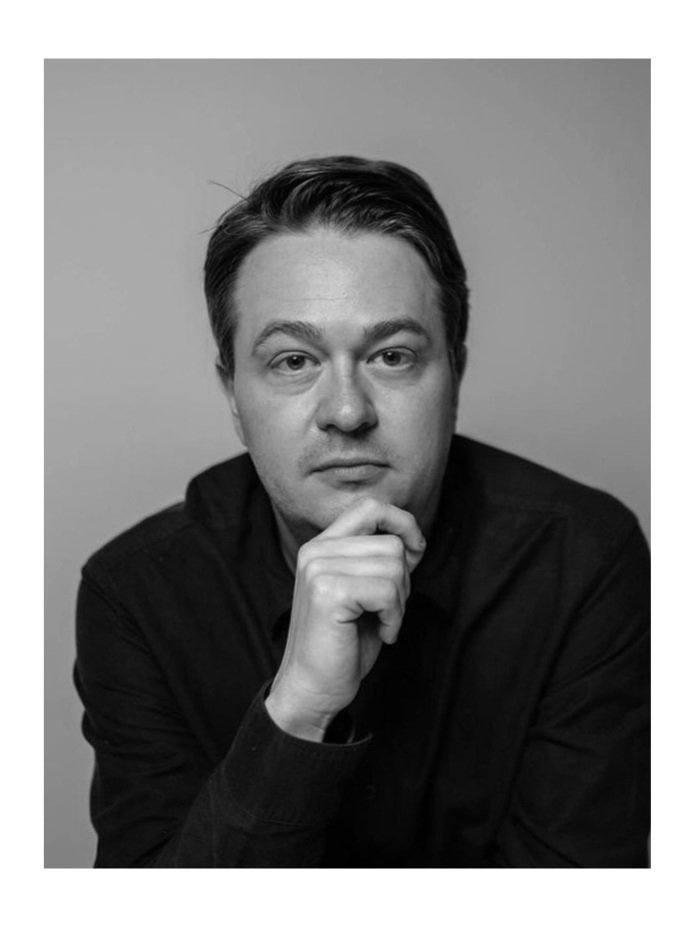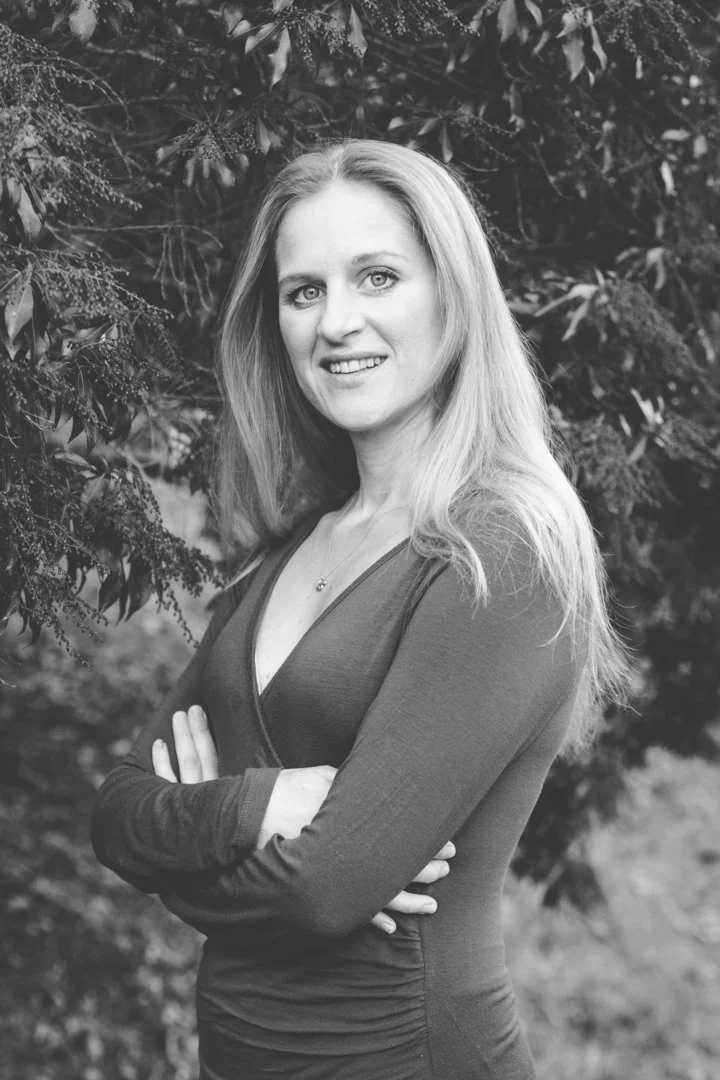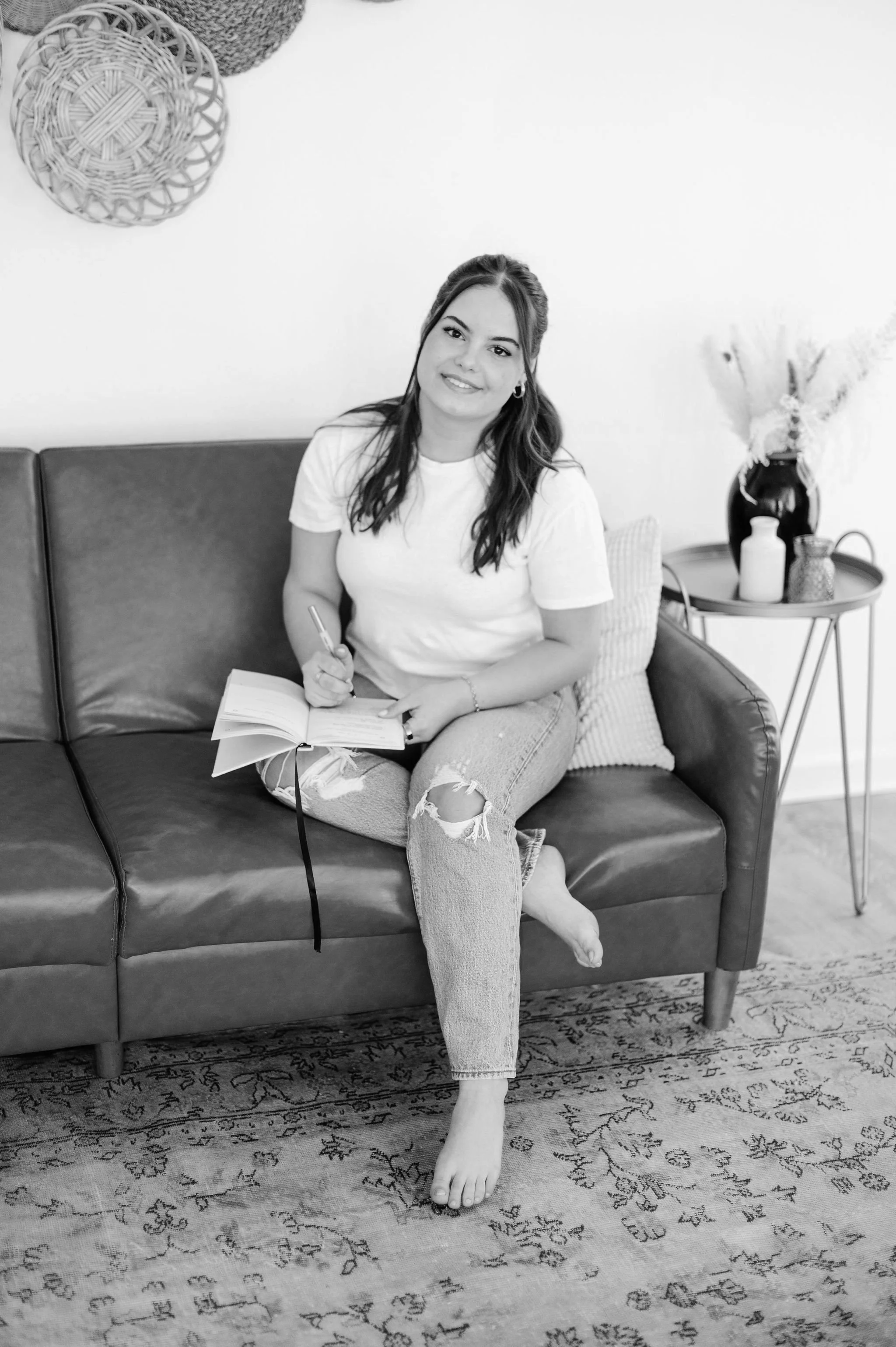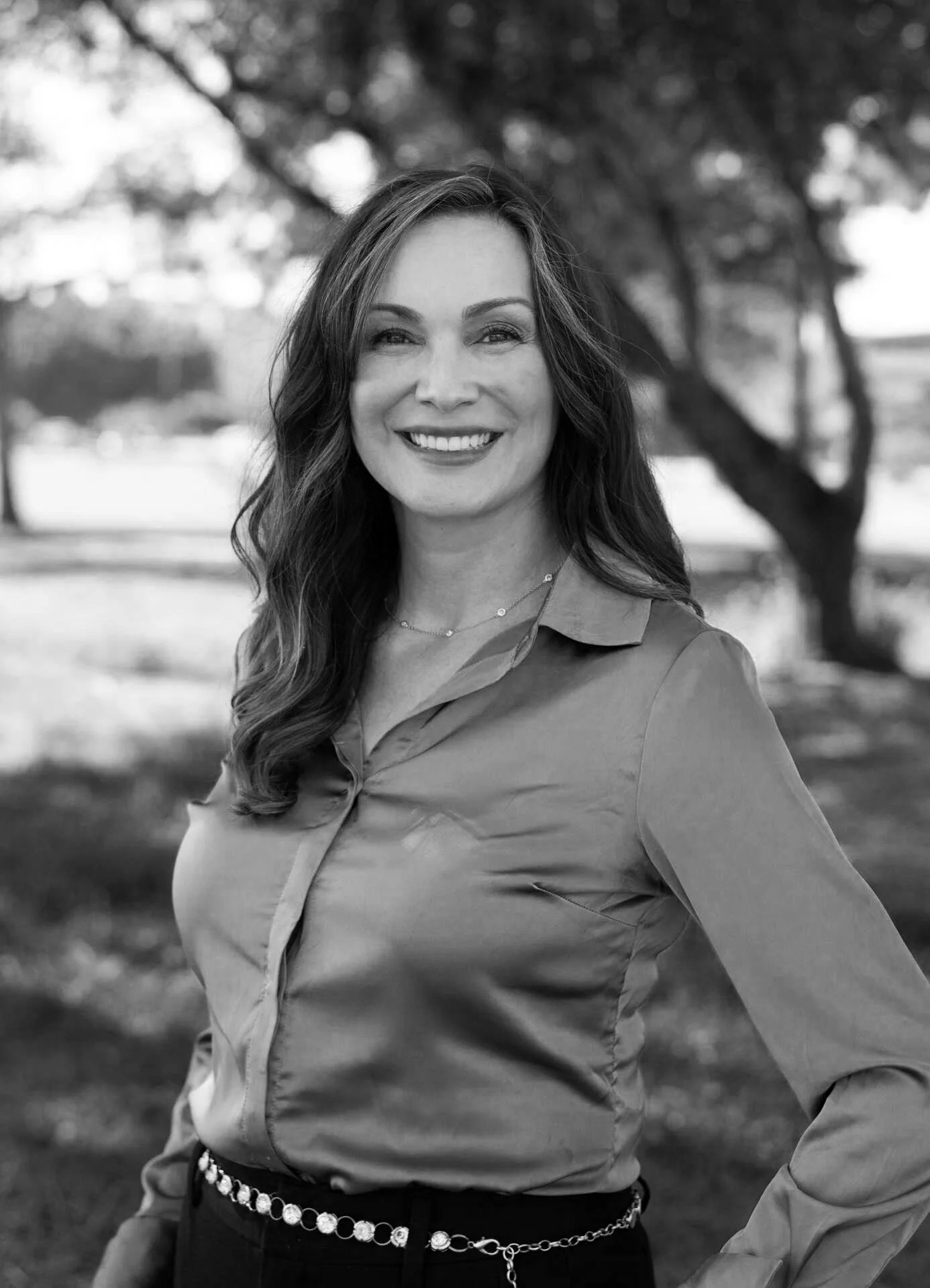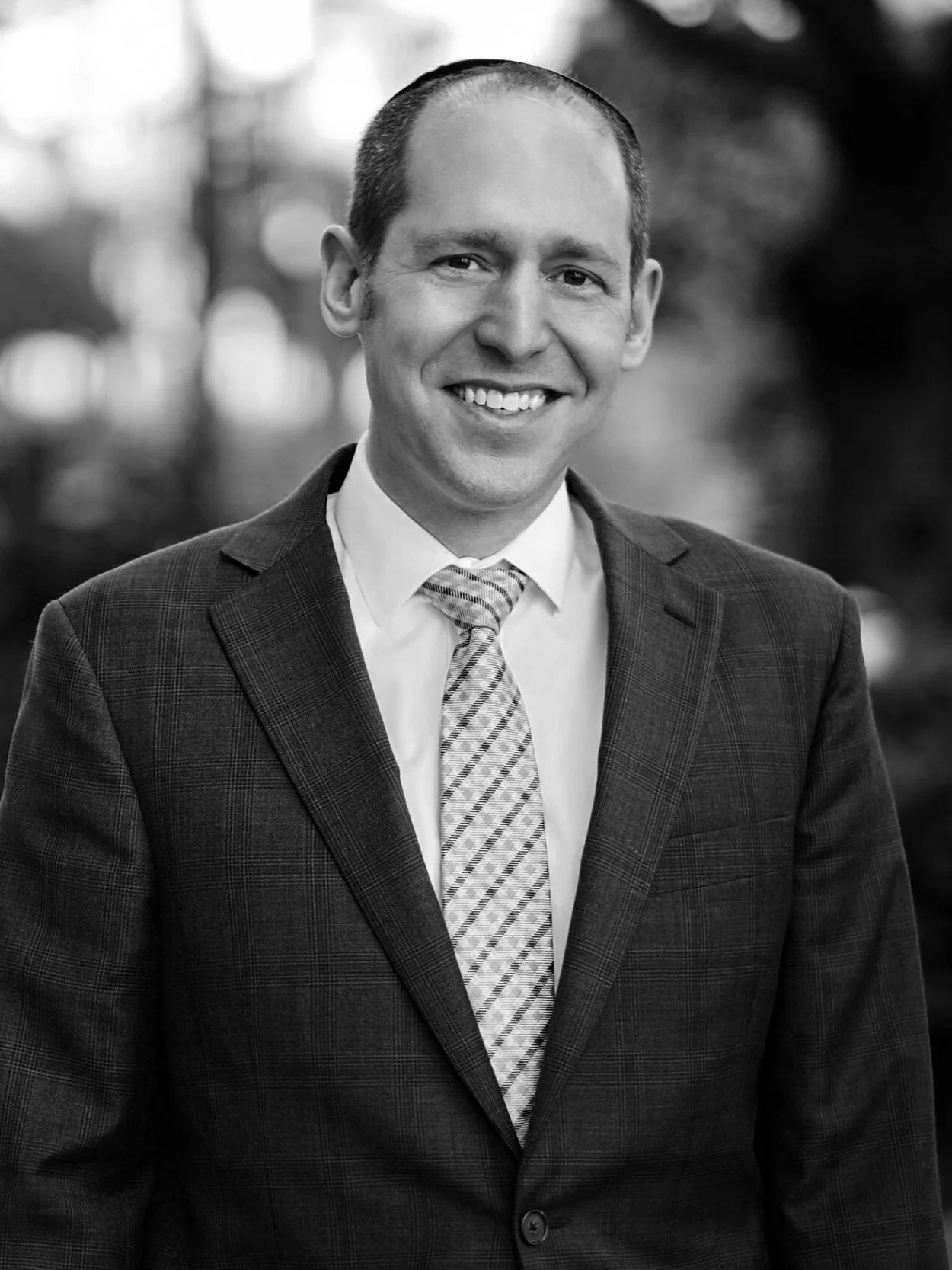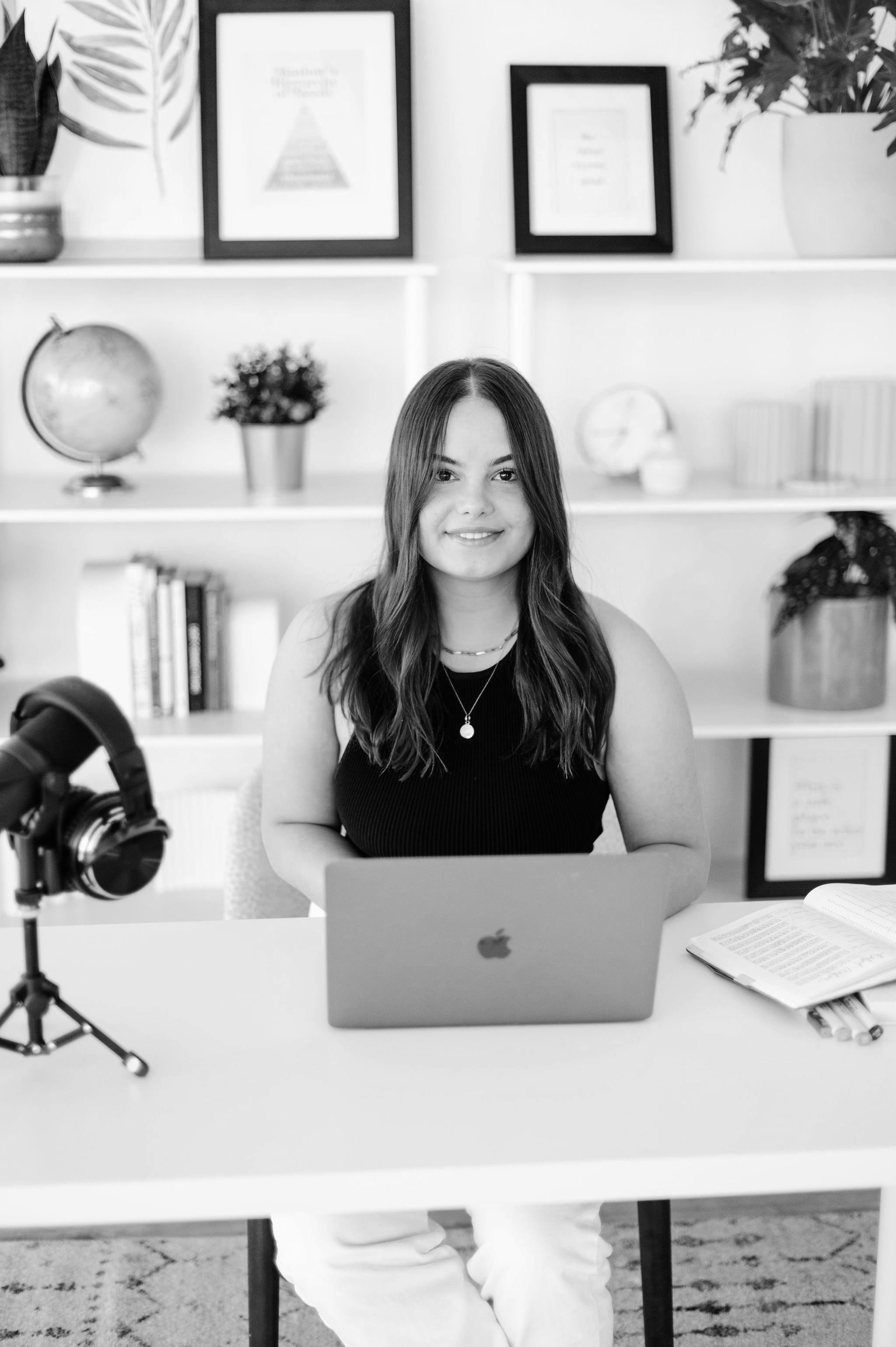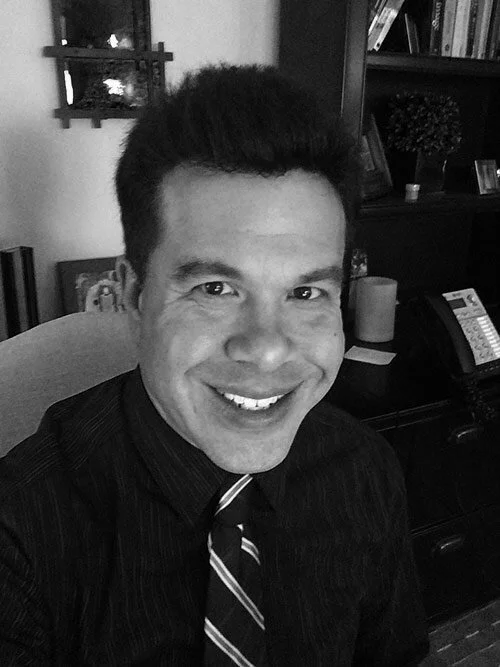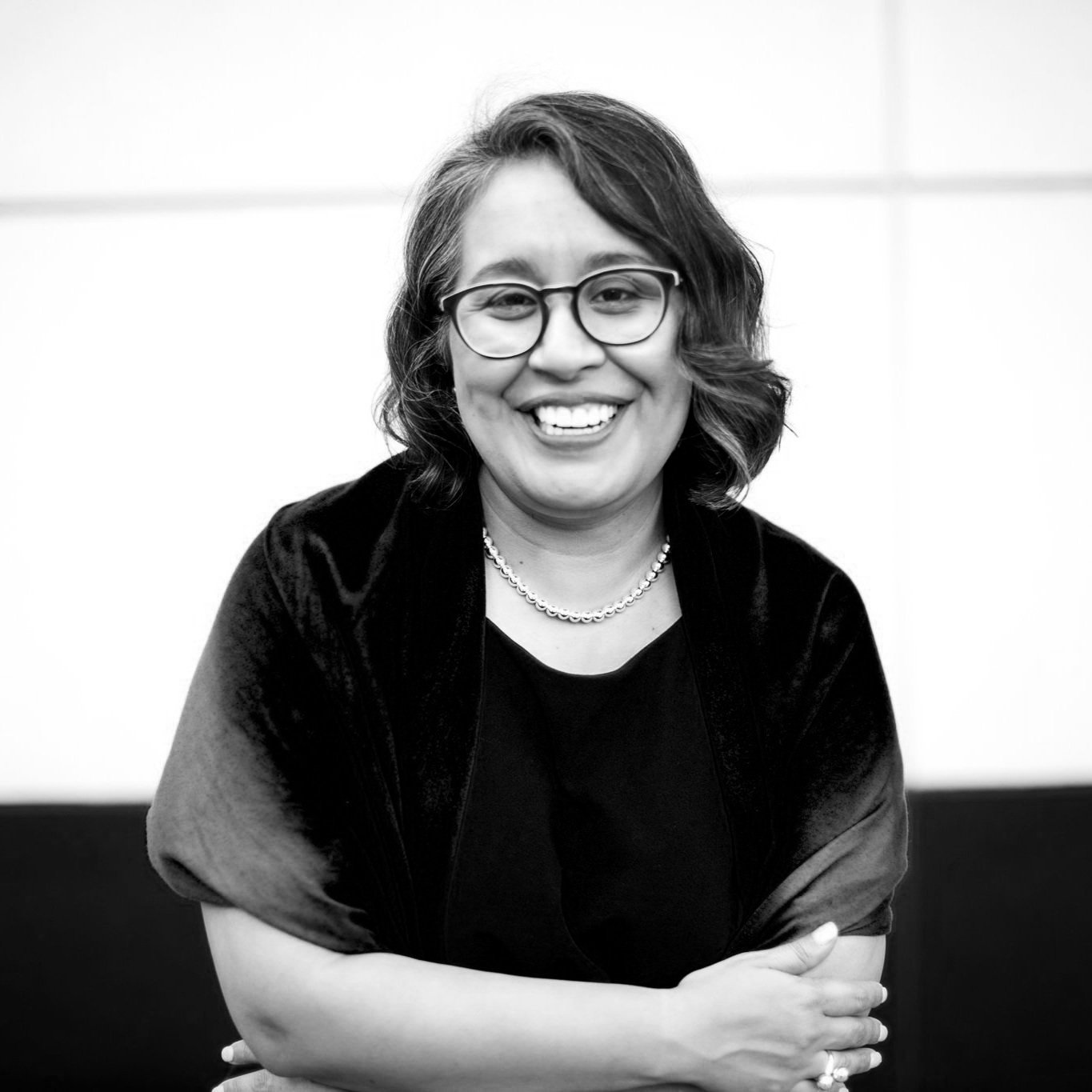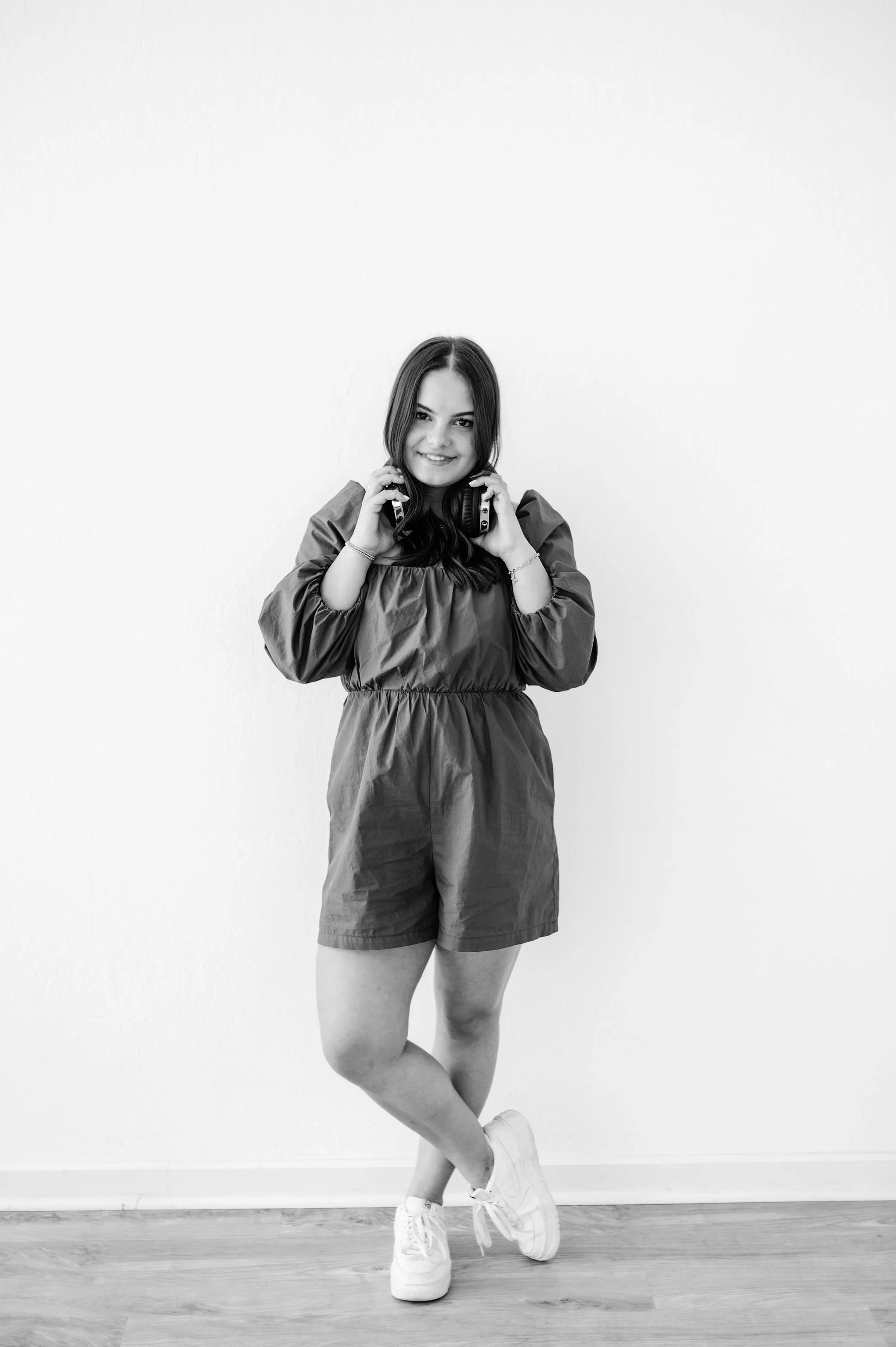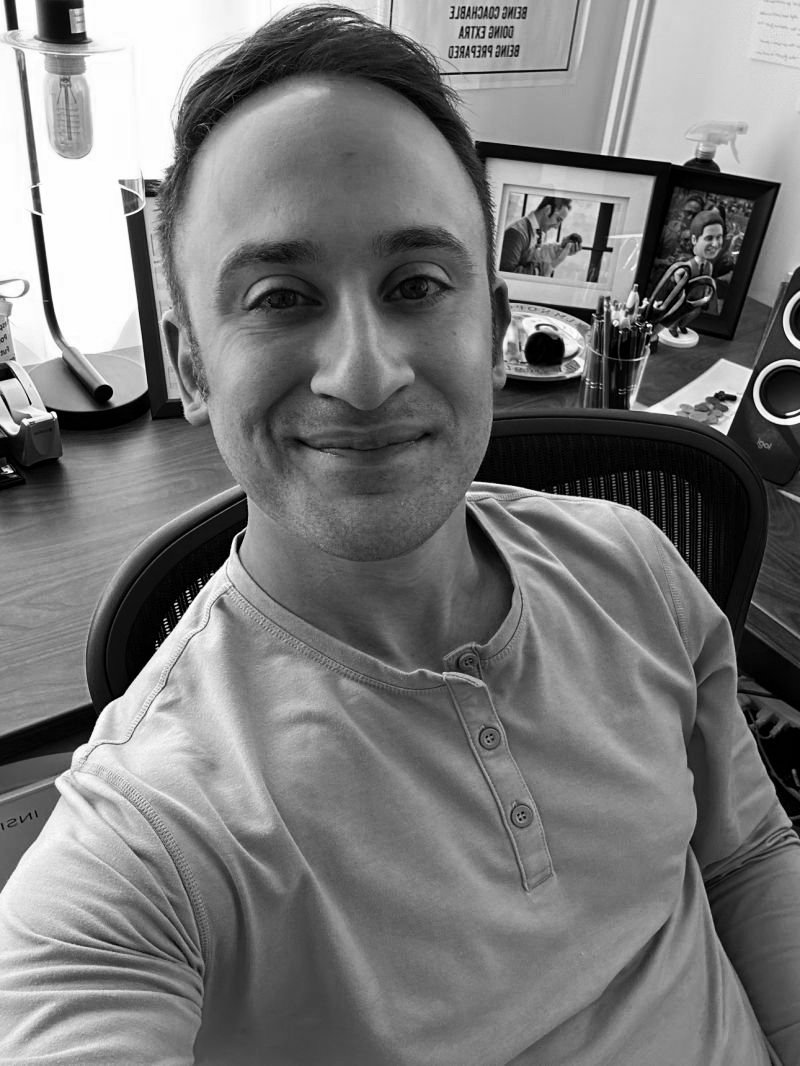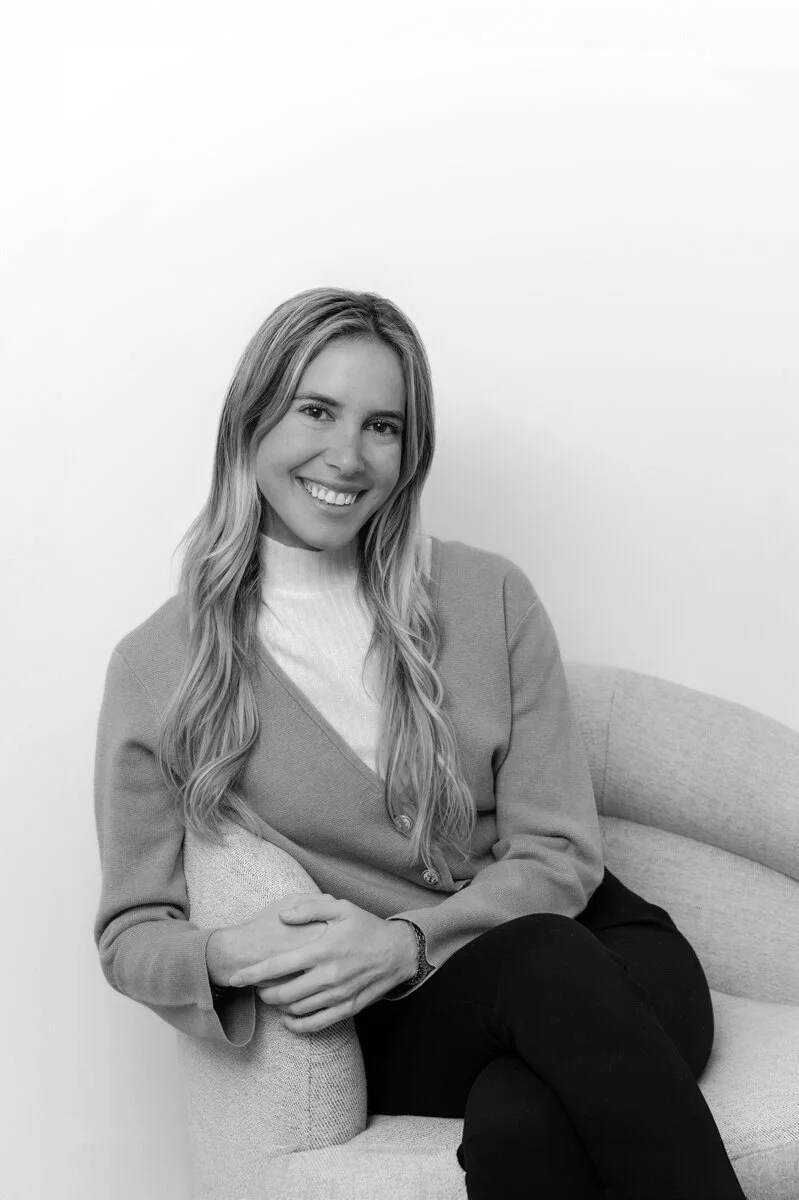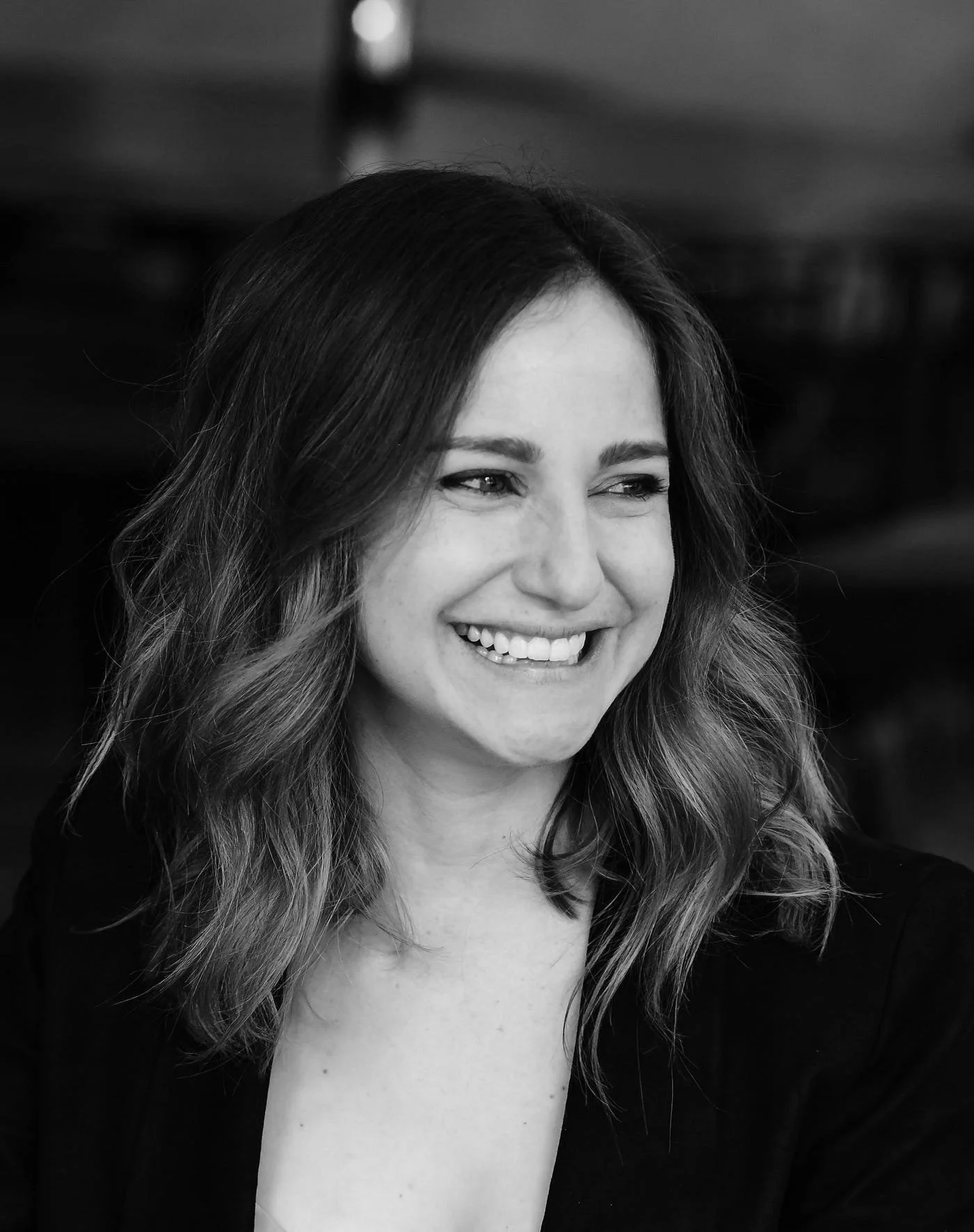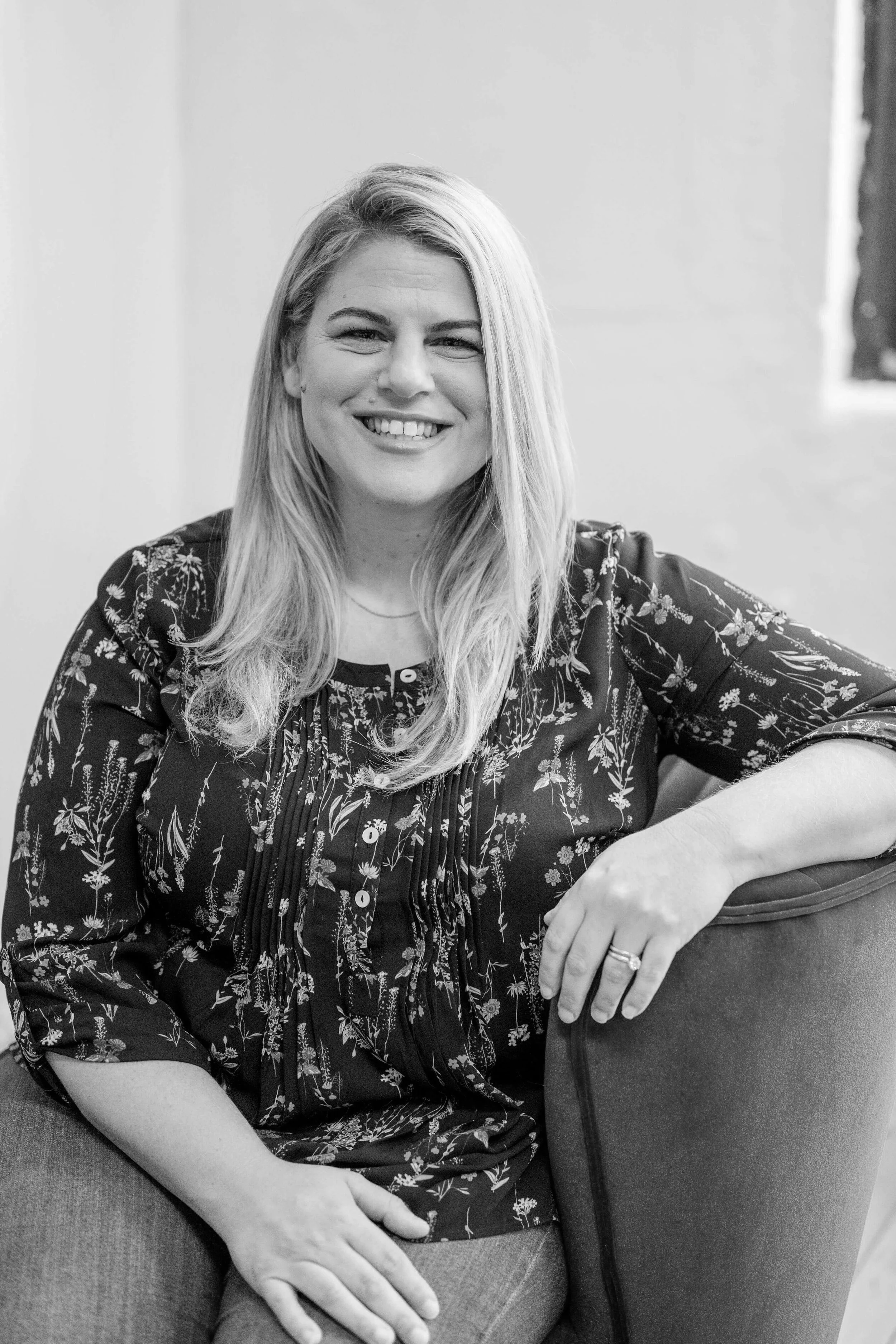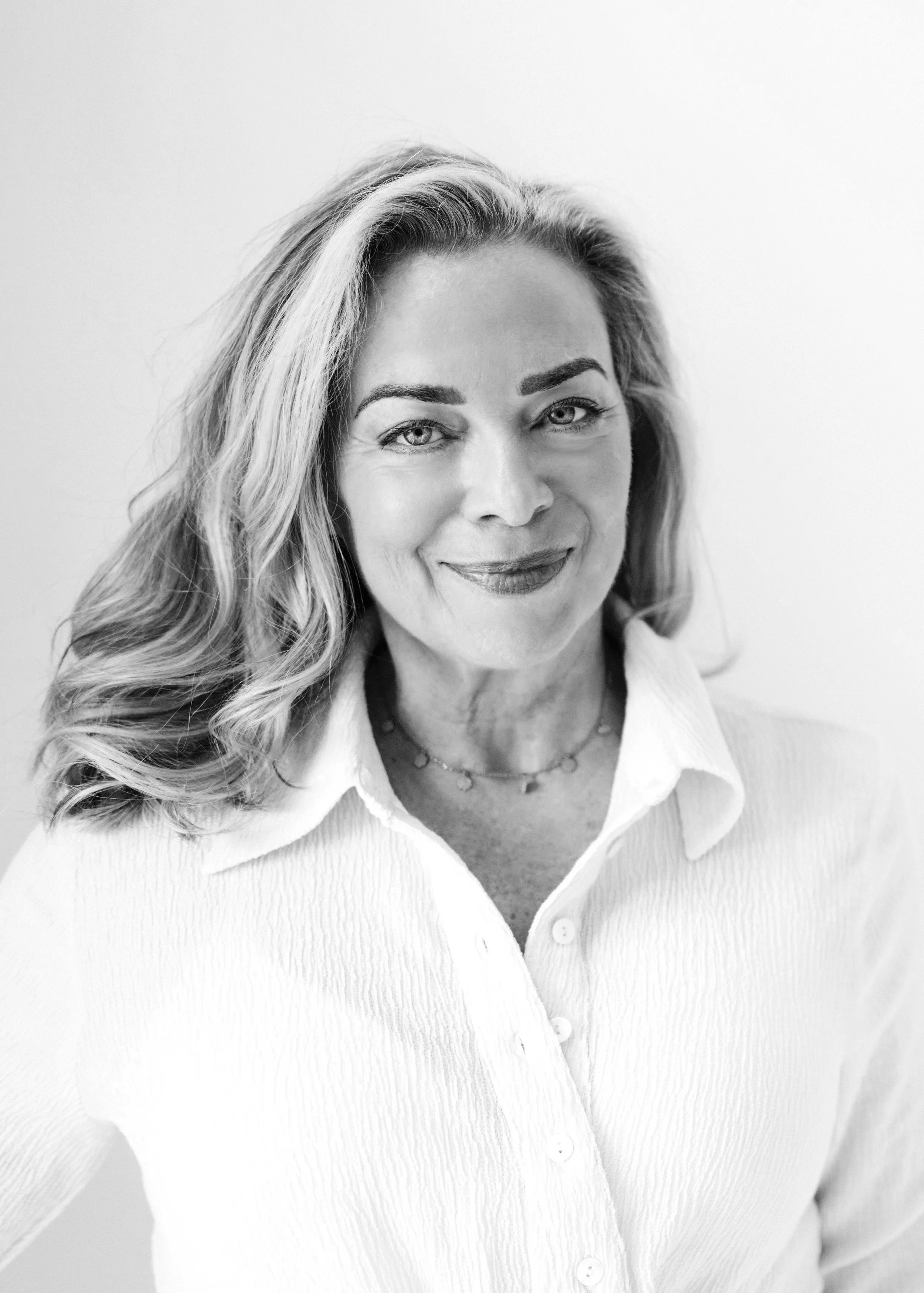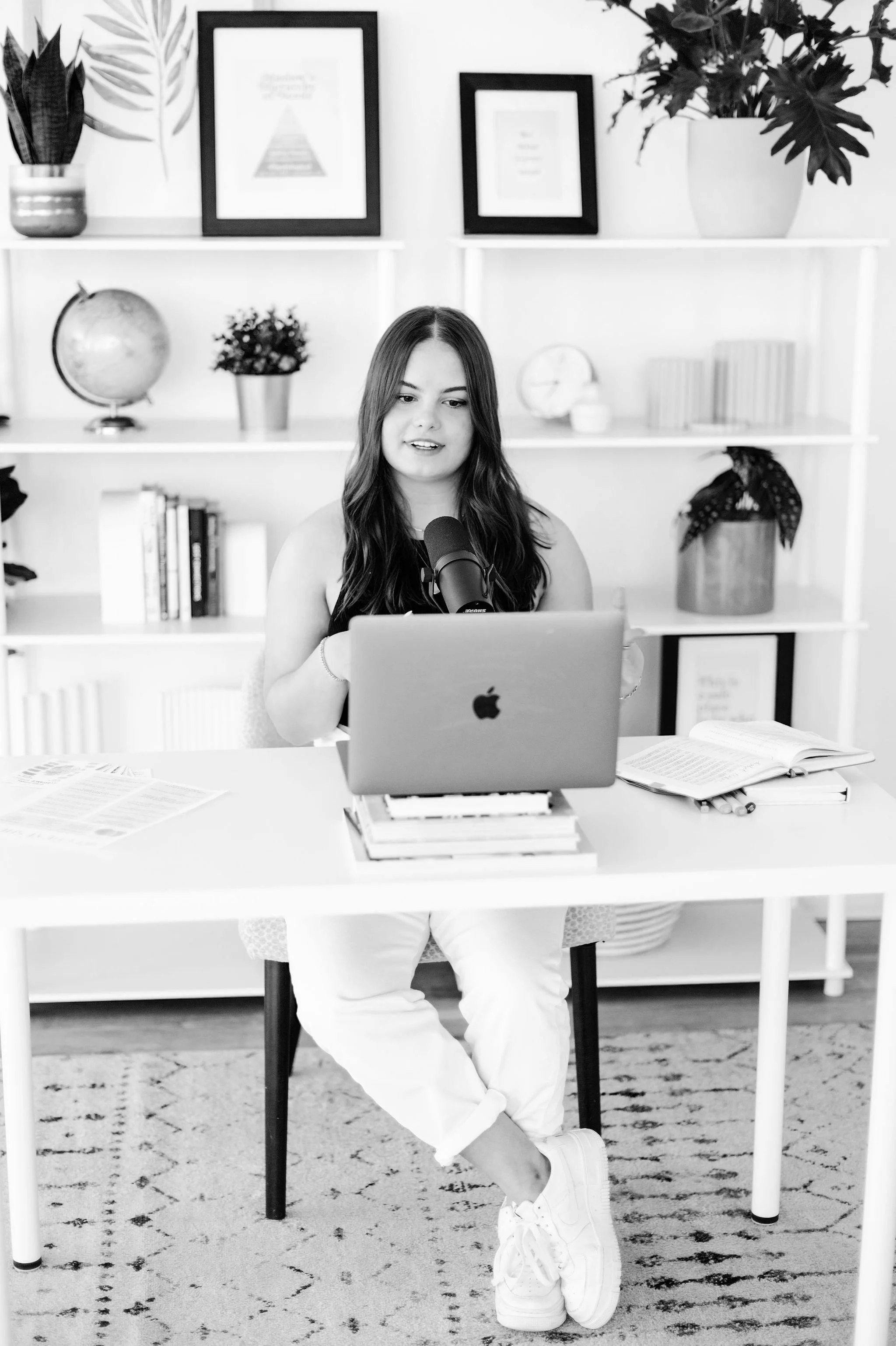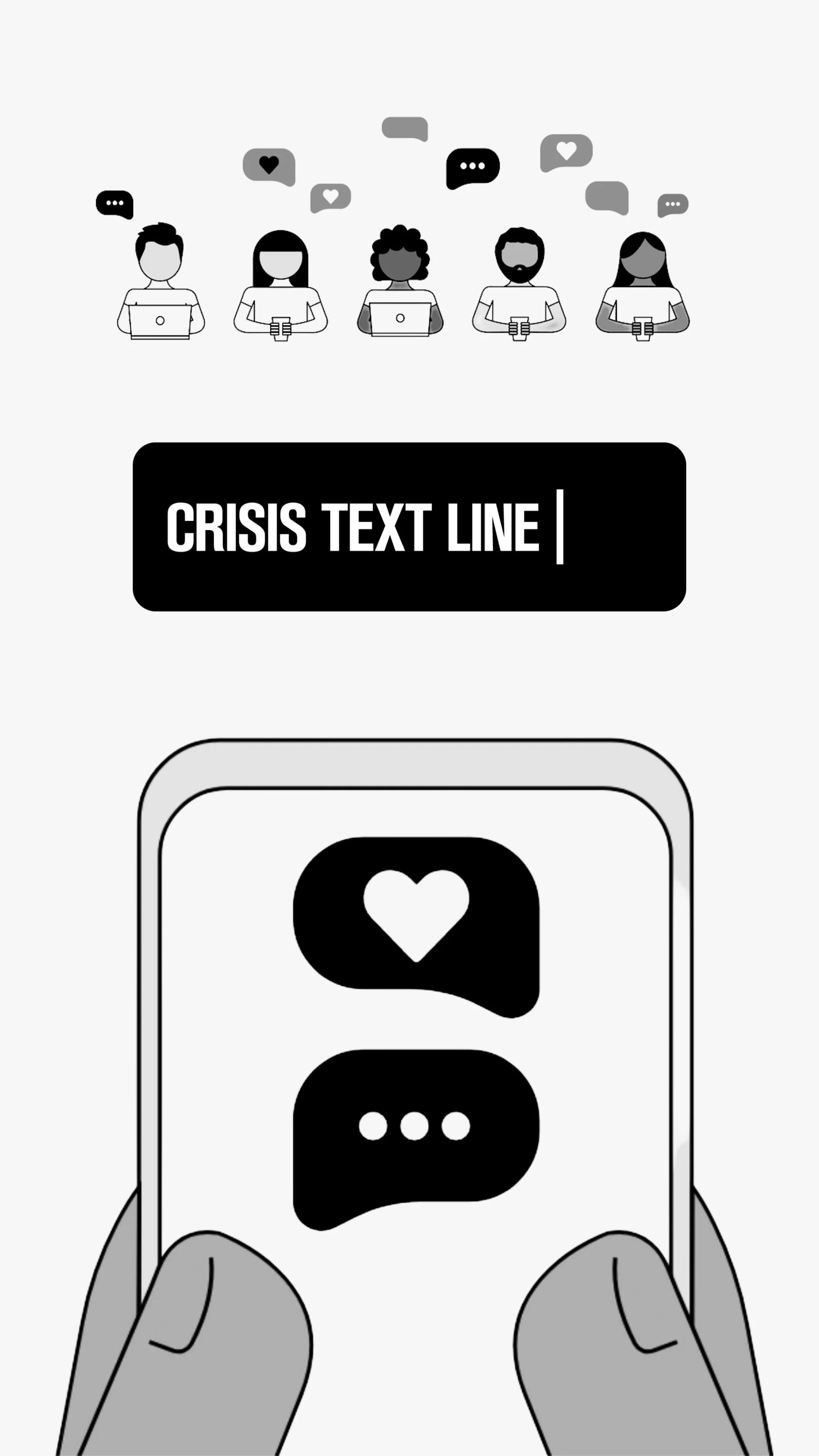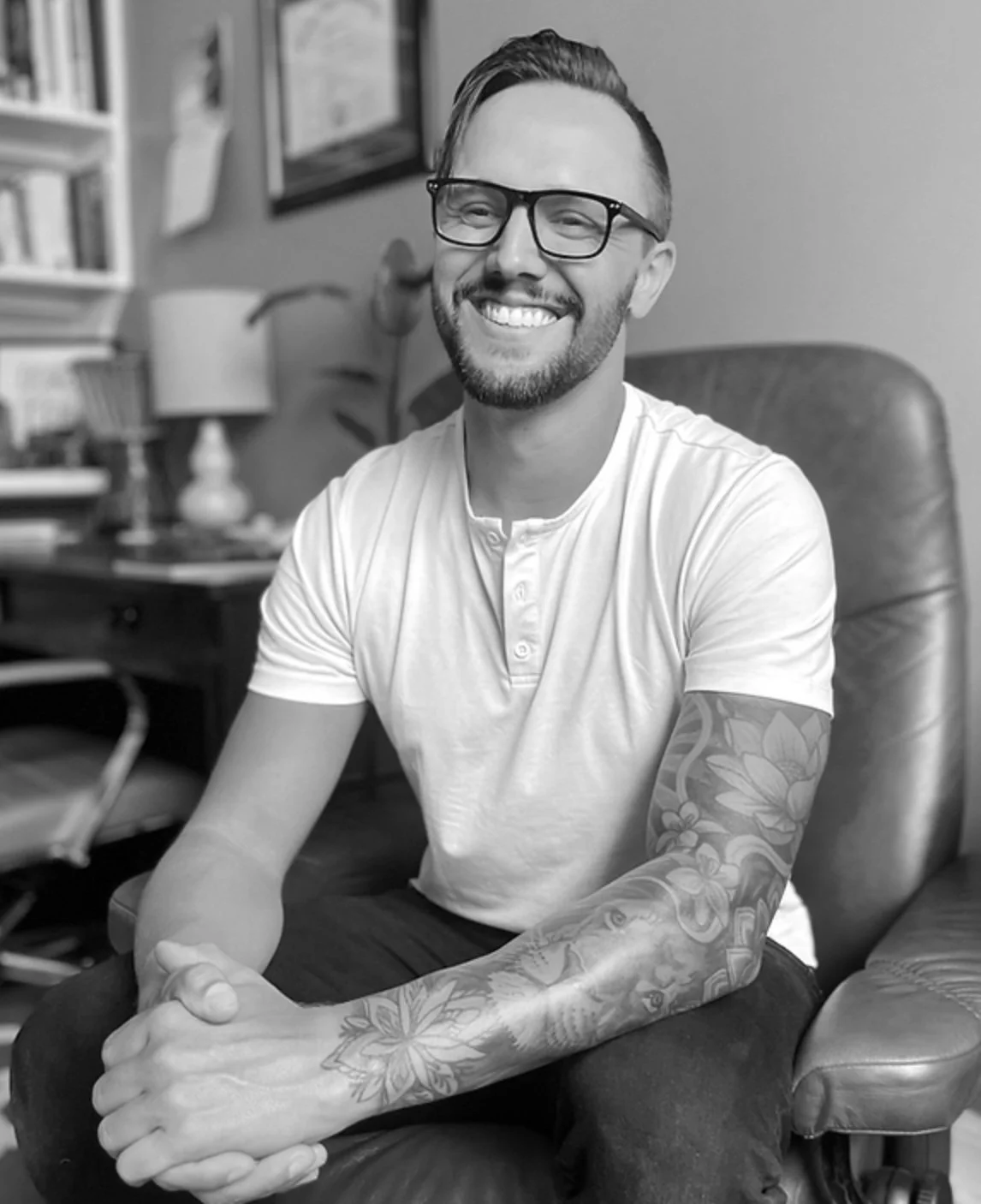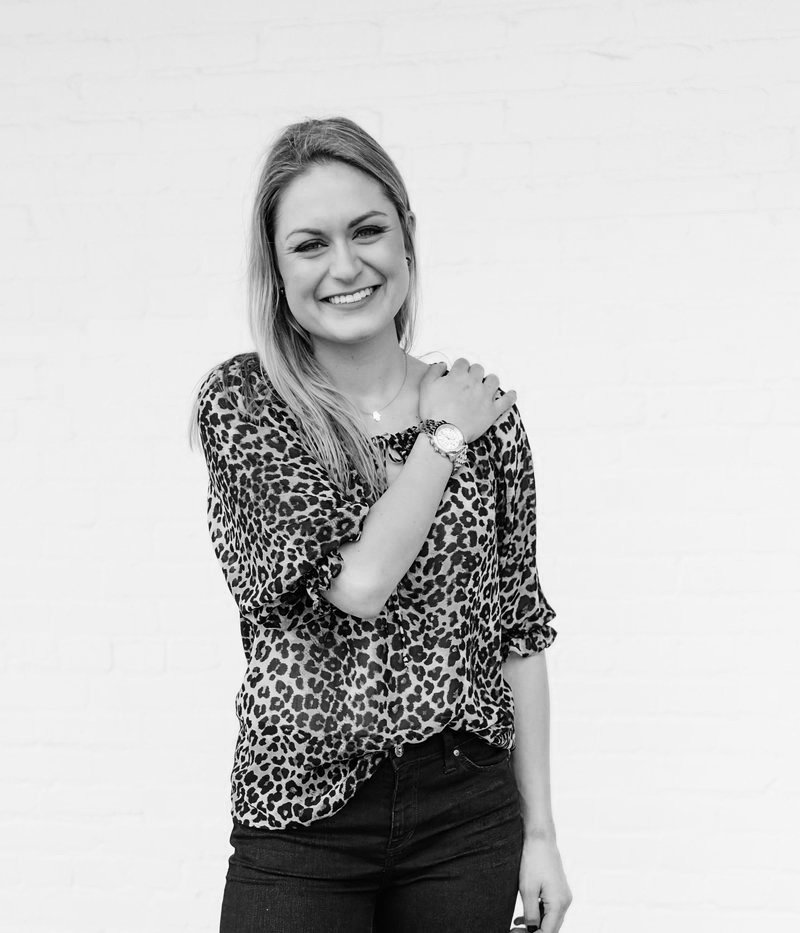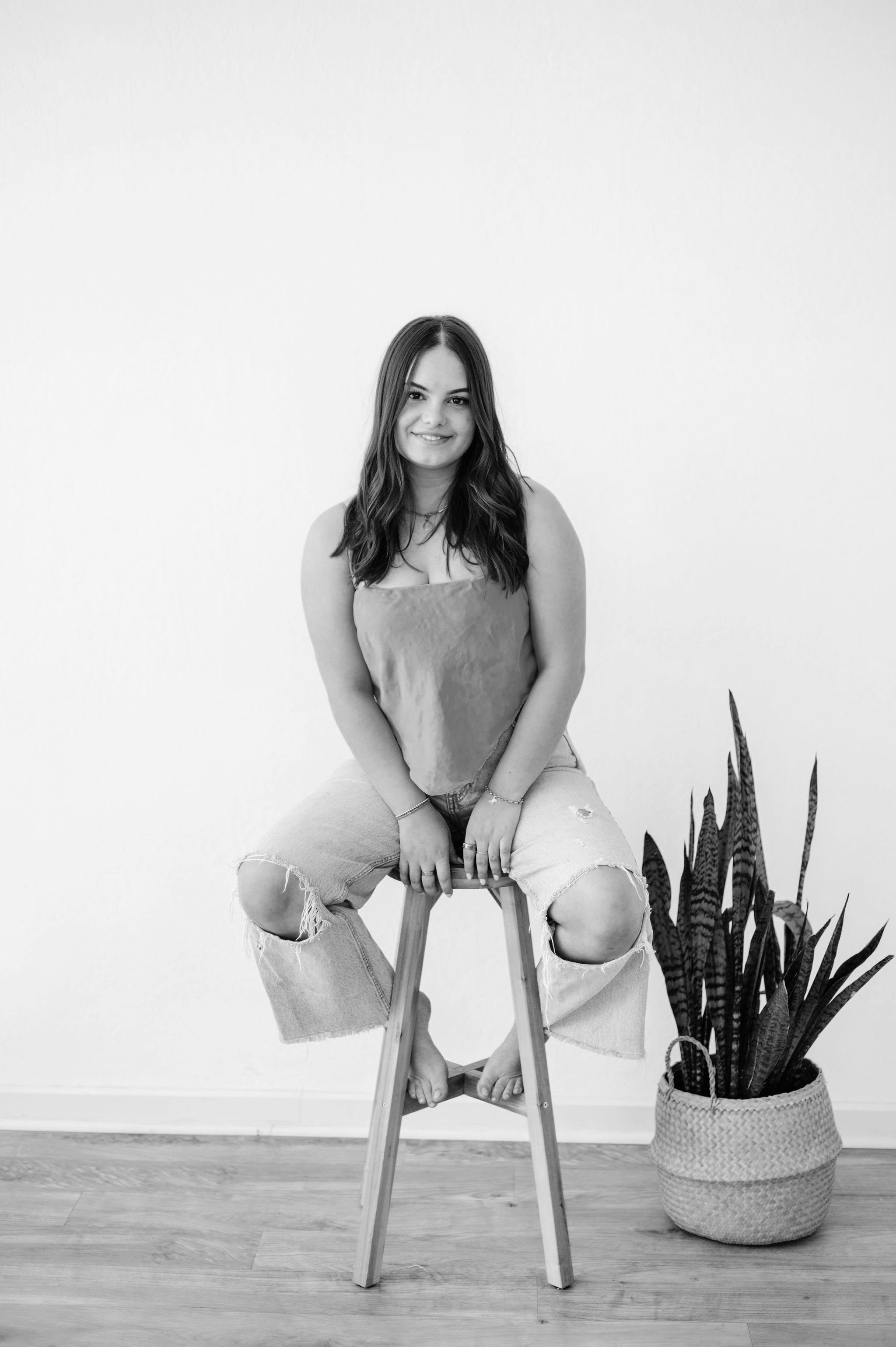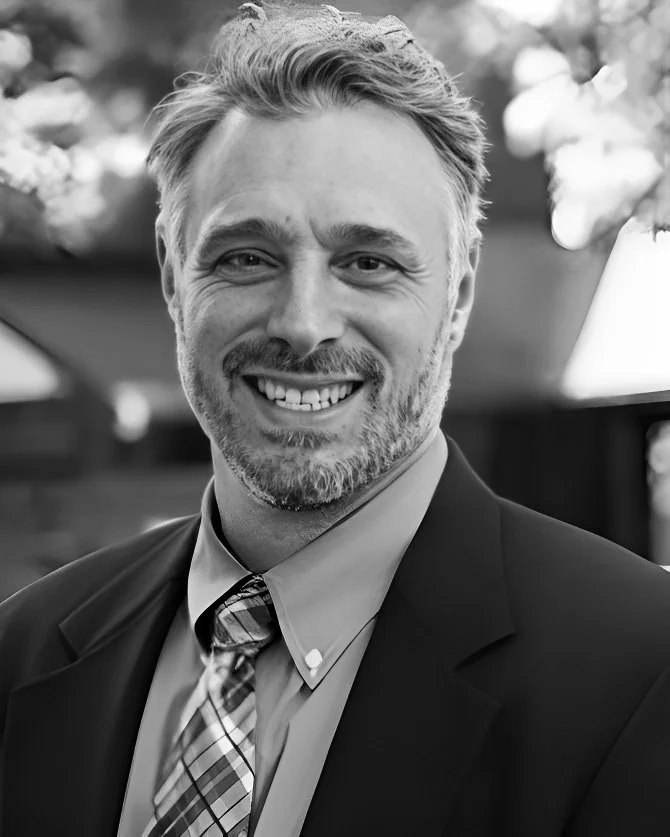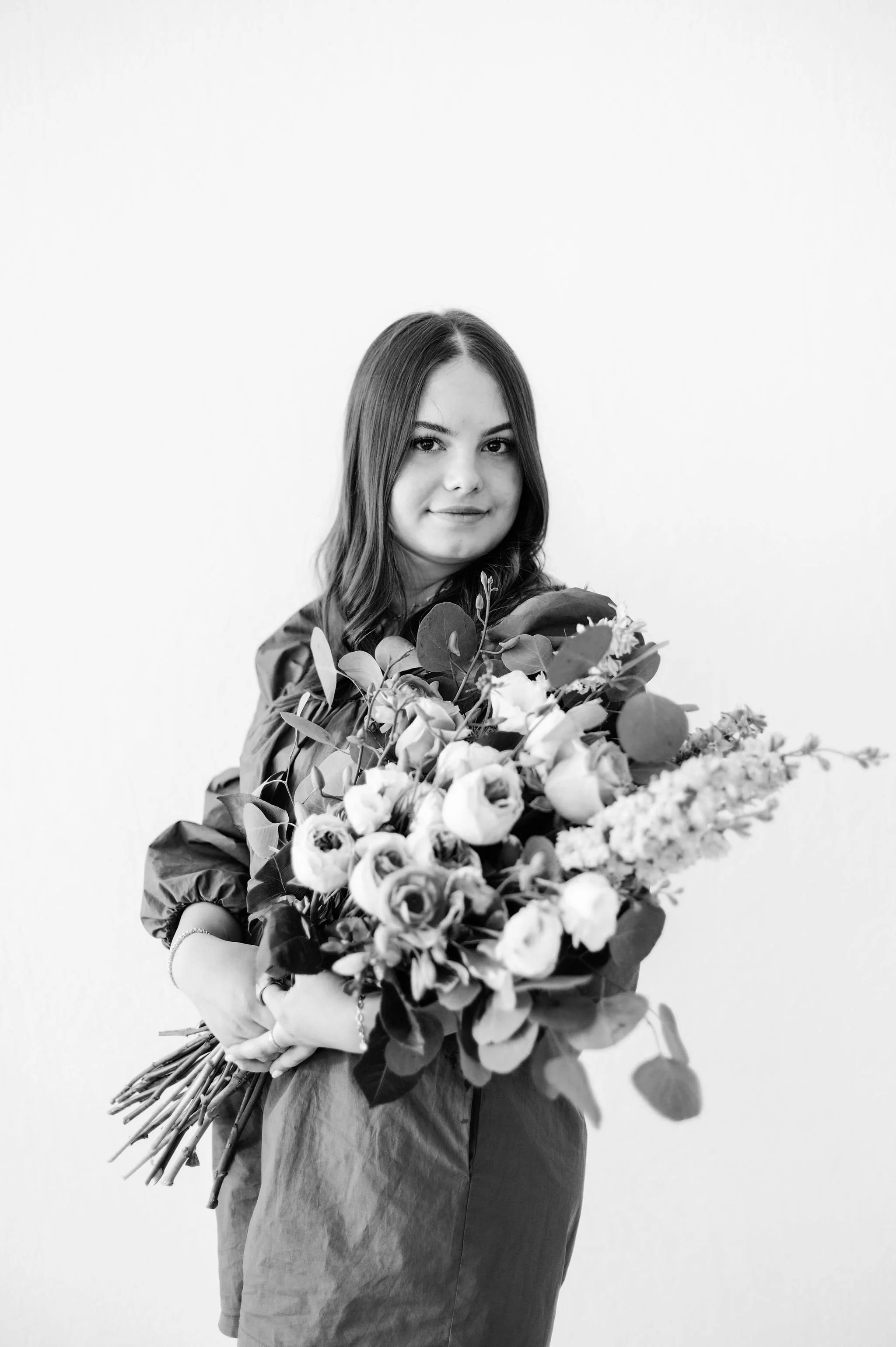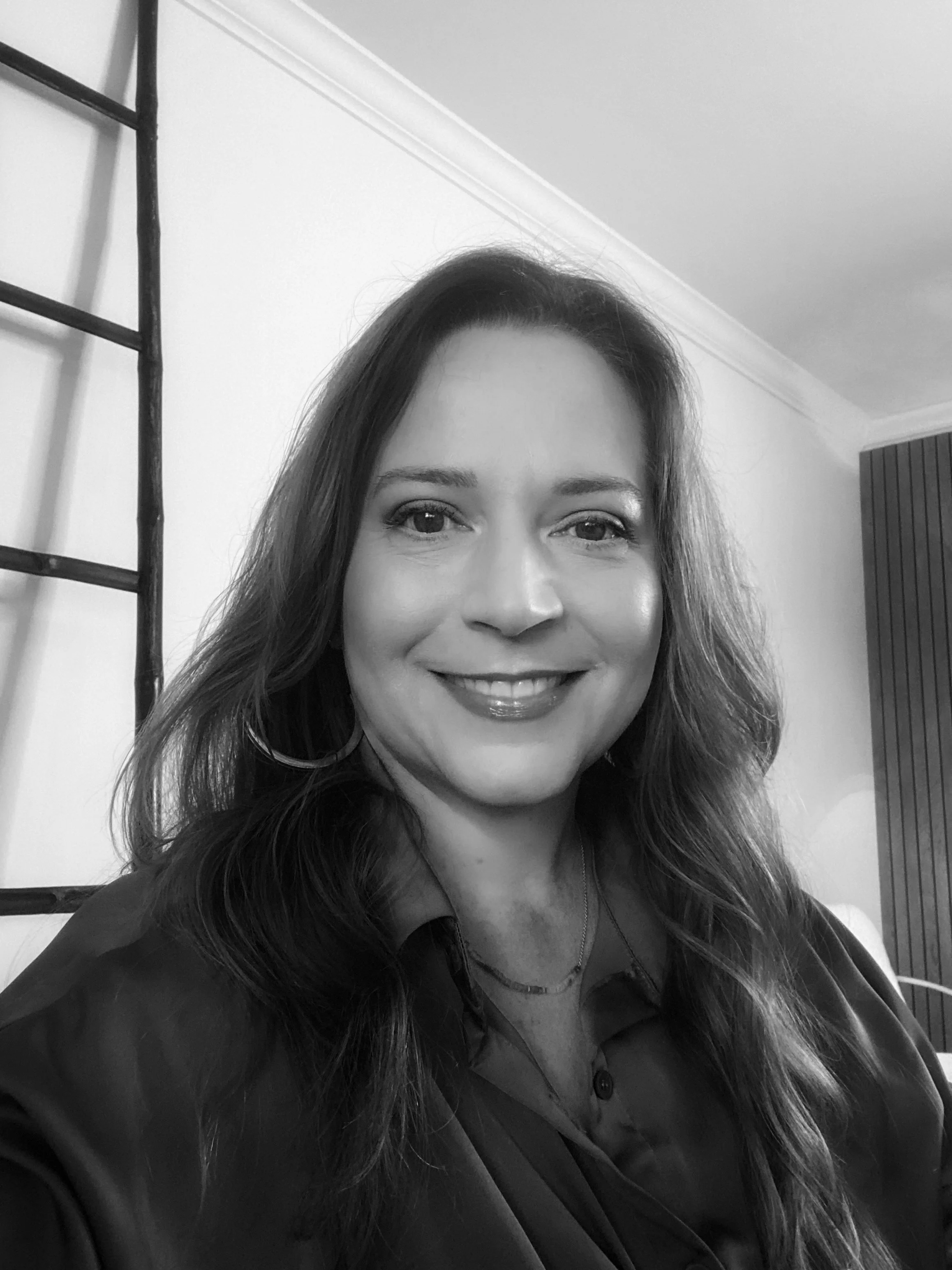101. Auschwitz Survivor Dr. Edith Eger on Living in the Present, Uncertainty, Suppressed Emotions, and Inner Dialogues
listen to this episode:
Tune in and subscribe on your favorite platform: Apple Podcasts | Spotify | Stitcher | Google Play | Radio Public | PocketCasts | Overcast | Breaker | Anchor
Today's guest is Dr. Edith Eger—a psychologist, New York Times bestselling author, dancer, and holocaust survivor. At 16 years old, Edith and her family were sent to Auschwitz where her parents were sent to the gas chambers. However, Edith’s bravery kept her and her sister alive. During her time in the concentration camps, Edith and her sister were subjected to torture, abuse, and Edith came face to face with the "angel of death," Josef Mengele. After being liberated in 1945, Edith struggled with suicidal depression, survivor's guilt, and the aftermath of the trauma she endured. After 20 years of suppressing her story and emotions, Edith began to share her experiences and help others work through their PTSD and traumas. Today, Dr. Eger is a prolific author, practicing psychologist, professor, speaker, and advocate. (bio adapted from dreditheger.com)
In this profound conversation, we discuss living in the present, what happens when we suppress emotions, working through guilt, anger, and uncertainty, taking accountability, acting with kindness, how crucial inner dialogues are, Dr. Eger's experiences with suicidal ideation after being liberated, and her life today!
Dr. Eger's documentary: https://www.pbs.org/video/i-danced-for-the-angel-of-death-the-dr-edith-eva-eger-story-hoh0ya/
Dr. Eger's website: https://dreditheger.com/
Dr. Eger's Instagram: https://www.instagram.com/dr.editheger/
Dr. Eger's course: https://yoursoulsearch.org/courses/dreditheger
Mentioned In The Episode…
+ Dr. Seligman's work on Learned Helplessness
+ Learned Helplessness by Dr. Seligman
+ Man's Search for Meaning by Victor Frankl
+ Carl Jung's work on the Shadow
+ The Choice by Dr. Edith Eger
SHOP GUEST RECOMMENDATIONS: https://amzn.to/3A69GOC
Episode Sponsors
🛋This week's episode is sponsored by Teen Counseling. Teen Counseling is an online therapy program with over 14,000 licensed therapists in their network offering support with depression, anxiety, relationships, trauma, and more via text, talk, and video counseling. Head to teencounseling.com/shepersisted to find a therapist today!
About She Persisted (formerly Nevertheless, She Persisted)
After a year and a half of intensive treatment for severe depression and anxiety, 18-year-old Sadie recounts her journey by interviewing family members, professionals, and fellow teens to offer self-improvement tips, DBT education, and personal experiences. She Persisted is the reminder that someone else has been there too and your inspiration to live your life worth living.
a note: this is an automated transcription so please ignore any accidental misspellings!
[00:00:00] Sadie: Welcome to she persisted. I'm your host. Sadie sat in a 19 year old from the bay area, studying psychology at the university of pencils. She processed. It is the teen mental health podcast made for teenagers by a team. In each episode, I'll bring you authentic, accessible, and relatable conversations about every aspect of mental wellness you can expect.
[00:00:20] Evidence-based Tina proved resources, coping skills, including lots of DBT insights and education. Each piece of content you consume, she persisted offers you a safe space to feel validated and understood in your struggle while encouraging you to take ownership of your journey and build your life worth living.
[00:00:37] So let's dive in.
[00:00:41] Hello. Hello and welcome to she. Persisted. I'm so excited for today's episode. It is one of the most profound, inspiring, just amazing conversations that I've ever been a part of. And I'm so grateful to Dr. Agger for sitting down with me and having this conversation, if you aren't familiar with her work. She is a psychologist, New York times bestselling author, a dancer, and a Holocaust survivor when she was 16, her and her family were sent to Auschwitz and her parents were immediately sent to gas chambers, but due to her bravery, her and her sister were kept alive.
[00:01:14] And. Lived in the concentration camps for many months. So during their time there, her and her sister were subjected to a lot of torture abuse and Edith even came face to face with the angel of death. Dr. Joseph Mengele, when she was liberated in 1945, Edith struggled a lot with suicidal depression, survivors, guilt, and all of the aftermath of the trauma that she endured during her time at Auschwitz and the other concentration camps.
[00:01:40] But after 20 years of suppressing her story and emotions, it began to share her experiences to help others work through their PTSD and traumas. Today at 94 years old. Dr. Edgar is a prolific author, practicing psychologist, professor speaker, and advocate.
[00:01:56] She's an amazing team behind her that is helping her share her story, share her wisdom. So you can follow her on Instagram, check out her website. She has two phenomenal books out and she has a course coming out soon. So in this conversation, Dr Ecker and I discuss why it's so important to live in the present. What happens when we suppress emotions, working through difficult emotions, like guilt, anger, and uncertainty, taking accountability, acting with kindness, how crucial inner dialogues are and Dr. Eggers experiences with suicidal ideation after being liberated and lastly her life today, the life she's built for herself, what her inner monologue Luke's. The relationship. See she engages in what makes her happy, what brings her joy, et cetera. So if you want to hear more about Dr. Ecker story, she's an amazing documentary called I danced for the angel of death. It was done by PBS and there's a link in the show notes.
[00:02:49] There's a ton of information on her website, Instagram and her courses also linked in the show notes. If you want to continue to learn from Dr. Edgar. So with that, let's dive into this conversation.
[00:03:00] You have the most incredible story. I have so many questions to talk to you about the life lessons that you've learned over the years, the wisdom that you have to share, but I would love to lay a foundation for listeners and get your perspective from when you were a teenager, when you were 16 years old and your life really changed forever.
[00:03:21] Edith: I like to tell you that when you were a little girl, when I was a little girl, I was taught that boys are going to be somebody that they going to be a lawyer or a doctor that what I was told to find somebody. So that is a different message that you carry with that. And I think we can rewrite our script, but I know that I was not told to become a, somebody.
[00:03:56] I was told to find somebody who will hopefully live my looks and life, my body. And like hopefully my brain as well. But it was not that important. It was most important is that they external. Was the kind of person that will attract the boy I was. So I think it's important to talk about goals and I like to call it an arrow that follow.
[00:04:30] Okay. Because they, I, when I came to America, I came from Germany to New York. But in the English channel, there was a big storm and I could see that, that we were going somewhere else, but then they came back. We didn't go to China became from Germany, but if we had to take a side road and make it a.
[00:04:57] More practical. And I think it's very important. What we do, that we empower people that we are not better than, or less than anybody else that isn't just one of. That is only one of you there never be. And that's exciting, isn't it?
[00:05:18] Sadie: It's an amazing opportunity.
[00:05:20] Edith: Yes, it is done. And I hope that you want a good role mother because children don't do what we say.
[00:05:29] The children do what they say. Yeah.
[00:05:32] Sadie: Yeah. You talk about how no one is better than anyone else and that we really are all equal. And I know you've spoken about how you've struggled with survivor's guilt after Auschwitz and you kind of grapple with the fact of what makes me different. We're all equal. So why am I still here?
[00:05:52] What was that like to navigate?
[00:05:56] Edith: And I must leave at 80th. I was among the day. And I could see that people would go through the gate and then after a while they would come back. You know, if you have chance to read Dr. Seligman's writing about the learned helplessness that we were told every day, that the only way I will get out of it as a corpse and you know, it was important.
[00:06:29] To know that they could put me in the gas chamber. I could not have any control over that, but the way I learned to respond the way I learned that night. I do have my dream, that I'm going to meet my boyfriend and I'm going to show him that I have beautiful life and I have it for our hands. So I think there was still time to do it.
[00:06:59] Remember the memories and to be able to hopefully know that this is temporary and I can survive it. Everything is temporary. You
[00:07:12] Sadie: went through so much challenge as a young teenager, you were very young when you navigated this, do you think that helped you navigate challenges later on in life? Or do you wish that you would have navigated such a challenge in adulthood instead?
[00:07:29] Edith: I knew that I had to be in a present what I could have done. I know, I think that two things that you want to get rid of, and one is in a past, it's called guilt. I could have done, I should have done, you know, my parents said tickets to come to America and they never did.
[00:07:51] So one thing is guilt and the other one is. That we worry about what if this happens? What if that happens? I think is it's good. I live in the present and I think young, but not young and foolish. Yeah. Not dish, but child life. So I think it's important to think about your thinking because that will create your feelings.
[00:08:20] And that is what you can change every minute of the day. It's really important that you are at such a young age, and yet you. I have an old soul and, and have you let that spirit guide you and that's very, very mature for your age.
[00:08:45] Sadie: Thank you. You're a huge advocate. Like you just touched on about feeling our emotions so that we can heal from them.
[00:08:52] Why do you think that some people do get stuck in that anger and that grief and that rage after a traumatic experience?
[00:09:02] Edith: Well, anger is not the primary emotion. You know, you eat their event and good. What I did. I still blessed it and I didn't tell anyone I was in Auschwitz close to 20 years until I read man's search for meaning.
[00:09:20] So I think it's very important when you get up in the morning and you look at life as one. Because that morning, sunshine, they're not coming back. And I think it's good to live in a pleasant because I can only touch you now. So it's good. It's good to ask for what you want. You learn to negotiate and you'll learn to compromise.
[00:09:49] That's what marriage is all about. Yeah. So I asked me, bro, don't ask how audio, I think that's a very stupid question. I have to say, G is good to see you. I miss you. Okay. But don't, don't ask how are you? Because people will say fine when they're not. And I think it's very important to think about our thinking.
[00:10:17] When you
[00:10:17] Sadie: got to the point 20 years after you were liberated and you started working through this and no longer suppressing the anger. Do most survivors cope in such an effective way and work through it and let go of that anger and rage, or do many people not cope as effectively?
[00:10:36] Edith: I think each of us have done things differently.
[00:10:41] I went to my sister and I asked her. To come back to Auschwitz because I lost our family and I never went to a funeral. He and I want to honor my parents and she told me I'm an idiot. So it, we had different way of looking at the same thing. I am glad I did go back because my whole team. He was about to leave visiting the places where you've been and relive that experience.
[00:11:14] But you're not that you'd hear and I'm hoarding you in the hand. And then of course, I like to say my daughter calls it, ed isms, are you evolving or are you evolving? And I hoping that you are by that butterfly, that you're the, there. And then you shed the Chrysalis and then. You don't go back. You have a new beginning.
[00:11:44] Sadie: I love that. Another piece of wisdom that I kept hearing you speak to when I was preparing for the conversation was how much we experienced grief in different areas of our life and your journey. And other things that people navigate.
[00:11:59] Do you think that we ever stop grieving or that we need to, or it's something that is ever present?
[00:12:07] Edith: I don't think that our problems that are challenges and I don't tank, I don't think that is a crisis, no midlife crisis, but that is a midlife transition. I think that transition is important that I tell people there are people in the midlife to be able to become a Hopi.
[00:12:34] Who Ellie that you have a mind and you have a body and you have a heart and a soul that you become congruent that you're well-connected which you, because there's still only one you're going to have for a lifetime is you all are, the relationship is going to be.
[00:12:57] Sadie: We touched on at the beginning, how much uncertainty you faced, there was nothing that you didn't know what was going to happen tomorrow. You didn't know when liberation was going to come. What was that like to sit with?
[00:13:10] Edith: That is no, that is no certainty. And that is no guarantee.
[00:13:18] I,
[00:13:19] Edith: I think that is a probability.
[00:13:24] Yeah. If you want something I learned to negotiate, I learned to compromise. I tell you what's in it for you. And I think it's not just good to ask questions. It's better to make statements. I feel, I think I would like really. That kind of a statement to stay with the eye because no one can argue with me because I'm telling you where I am and how I feel and what I want and what I'm really saying.
[00:13:57] That's a very good road building to be really Inc to compromise because sometimes you want something, but their price is not right. Yeah.
[00:14:11] Sadie: Yeah, I think that's key. And it was a huge shift that I saw in myself and my peers when I was going through treatment was going from that point of willfulness to then being willing and to being an active participant in recovery and wanting to get better, feel better and work through things.
[00:14:29] Edith: I think I think chronological age, It's not so important than your maturity and the way you think before you say anything where that it's important, whether it is necessary, but most of all, is it kind, if you stopped kind, don't say. Yeah,
[00:14:56] Sadie: you talk a lot about the untapped potential in shadow. I would love to hear from you.
[00:15:03] What do you think suffering teaches us and what you learn from your own experience, suffering and navigating challenges?
[00:15:12] Edith: I think young is ready, correct. When you talks about the shadow, I think they are tremendous potential in a place like how shred. That I discovered my inner resources. I didn't wait for anything to come from the outside.
[00:15:34] And I remember that's what my ballet master told me. He used the word ecstasy, which I didn't know what it meant, but he told me to look for ecstasy coming from the inside out. I remember. Remembering that when I was in our shreds, definitely not to wait for anybody to come and liberate me that I have to be very careful learned to respond and not react.
[00:16:10] So that's why, that's why I asked people. Don't call me a sink. Call me a stretch to David stretching. People's comfort zone, because you may ask yourself, is this the best I can.
[00:16:29] Sadie: You became a psychologist after working through all your own trauma and now you help people navigate similar challenges.
[00:16:38] What is your favorite part of doing that work as a therapist?
[00:16:43] Edith: I think the biggest part is to be a guide from darkness to light from prison to freedom, because the biggest present is in our own mind. And the key is in our pocket. And that is really important to find the key. And that means cutting. I think courage is a very important word in my vocabulary to have the courage, to ask what I wanted to ask and let people know what I'm willing to compromise.
[00:17:25] And I think it's very important. To learn how not to demand. So there's a difference between assertive and certainty. If people choose for themselves, none of septic people allow other people to choose for you. And I guess if people choose for others, so you'll be very careful. Sometimes the people who are not necessarily active allow other people to choose for them, but then they can blame them.
[00:18:01] Not realizing that they have not taken responsibility. That is no freedom without responsibility. It's an advocate.
[00:18:11] Sadie: This week's episode is brought to you by teen counseling. As you know, Dr. Edgar is a practicing psychologist. She's a huge proponent of therapy. As she mentioned, she likes to call herself a stretch, not a shrink and is so passionate about guiding people through their shadow work, working through their struggles, emotions, et cetera.
[00:18:30] So I thought it would be perfect to share teen counseling with you at teen counseling is better helps online therapy program for teenagers. They have over 14,000 licensed therapists in their network and they offer support on things like depression, anxiety, relationships, trauma in so much more.
[00:18:45] What you do is you got a teen counseling.com, Sashi persisted. You fill out a survey about what your goals are, what you're hoping to focus on, and they match you with a therapist that specializes in that area.
[00:18:56] So if you want to focus on anxiety, they'll match you with an anxiety specializing therapist. If you're open to work, your trauma they'll match you with someone that specializes in PTSD, et cetera. So after that you can meet with a therapist via talk, text, or video counseling, depending on what level of support you're looking for to great way to dip your toe in the water.
[00:19:13] You don't have to worry about super long intake appointments and waiting lists for clinicians near you. You're able to quickly get mental health support. So if you want to try out teen counseling, you can go to teen counseling.com/
[00:19:27] Again, that is teen counseling.com Sashi persisted to find a therapist today. What is one step that people can take to reclaim that responsibility and start taking accountability for their part of things?
[00:19:41] Edith: I think you had inner dialogue, extremely important. The way you talk to yourself will make or break your whole life.
[00:19:52] You know, if you change your thinking, you may change your whole life. And I think that's very important to think about your thinking and pay attention, what you're paying attention to and the behavior you pay attention to. You reinforce that behavior. So if you're losing weight and see, I'm not going to think about food, you're going to think about.
[00:20:18] Sadie: Yeah. Yeah. How do you speak to yourself now that you've done all this work to navigate through the anger and the trauma and the rage and forgiveness. How do you speak to yourself today?
[00:20:33] Edith: I would say, what do I want, what do I want? Because. What I want may not be necessarily, may not be, you know, I, I think you have to prioritize what is important for me to give up the need for other people separately.
[00:20:56] If you're like me find it's fine, but if not, I'm not going to have fear that I'm going, the rejected, rejected rejection is just an English web that people make up to express a feeling when you don't get what you want. So give up the drama. Nobody rejects me. Yeah.
[00:21:21] Sadie: My last question to wrap up on is about the life that you've created for yourself.
[00:21:26] Since you were liberated and 1945, you bring so much inspiration to other people. You bring so much hope. What are you cherished today in life? What do you look forward to? What have you prioritized to live a life that you have worked so hard to build?
[00:21:43] Edith: You know, run. I rushed an shoes. I will often ask myself, does anyone know that I'm here?
[00:21:55] I felt like I was just thrown out because maybe I did something bad. I started to blame myself. I could watch it up. You know, I think it's very, very important not to blame because what are you blame? You still at cha. I think it's. So what is important today to live in the present? Because the past is gone, the future is not yet.
[00:22:25] I can only touch you now. And I'm hoping that that's what you're saying. You're 18, but no, but, and you are looking for red to. Become a woman. And that means that you want to ask for what you want. You learn to negotiate and you're not going to get anything and everything. It's good to be here. The A-list.
[00:23:02] But not idealistic. You can, you can dream as much as you want, but don't confuse a reality with idealism. So I like people to be realistic rather than idealist .
[00:23:19] Sadie: Do you still dance after being liberated and having that be so involved in your traumas, that something that you've read.
[00:23:30] Edith: When I was liberated and I was in a hospital
[00:23:35] and my parents didn't come home. And I was told that my boyfriend was scared. I became very suicidal. Yeah. I, I didn't have anything to live for. And And thank God. I I didn't act up on it. I heard that voice that if you die, you'll never find out what's going to happen. And that I think is good to ask yourself how you can be for something about that then against.
[00:24:19] I am for life. For doing everything, I can have 94 to see to it that when I go to classroom, when I talk to the young people and in the class as them to stay in the school and listen to that teacher and learn how to dance, because of course life is. And want to read them, do you use, and then sink is in my life is the most important.
[00:24:55] So I, I hope you go to dance as well. And and at 18, you moving towards becoming a woman of strength, not a strong woman, but a woman of strength. I
[00:25:13] Sadie: love that listeners can get your book. You have a course coming out soon. You have so much amazing content and words of wisdom for people to consume.
[00:25:23] Thank you so much for sitting down with me.
[00:25:27] Edith: I couldn't be happier. I couldn't be happier. I have three children. I have five grandchildren and I have seven grade grandson. Oh my goodness. I consider that my revenge to Hitler. I
[00:25:45] Sadie: love that so much. And it's, it's beautiful and it's amazing. And I'm so happy for you.
[00:25:52] Edith: Thank you.
[00:25:53] Sadie: Thank you.
[00:25:53] Thank you so much for listening to this week's episode of she persisted. If you enjoyed, make sure to share with a friend or family member, it really helps out the podcast. And if you haven't already leave a review on apple podcasts or Spotify, you can also make sure to follow along at actually persisted podcast on both Instagram and Tik TOK, and check out all the bonus resources, content and information on my website.
[00:26:15] She persisted podcast.com. Thanks for supporting. Keep persisting and I'll see you next week.
© 2020 She Persisted LLC. This podcast is copyrighted subject matter owned by She Persisted LLC and She Persisted LLC reserves all rights in and to the podcast. Any use without She Persisted LLC’s express prior written consent is prohibited.


